Second Rights and the Second Bill of Rights

The U.S. Bill of Rights expresses natural human rights with no economic implications, a Second Bill of Rights expresses rights “that ought to be” but have economic implications.
Society and Social Sciences is a broad category referring to the relationships between networks and groups of people, and the study of this.

The U.S. Bill of Rights expresses natural human rights with no economic implications, a Second Bill of Rights expresses rights “that ought to be” but have economic implications.
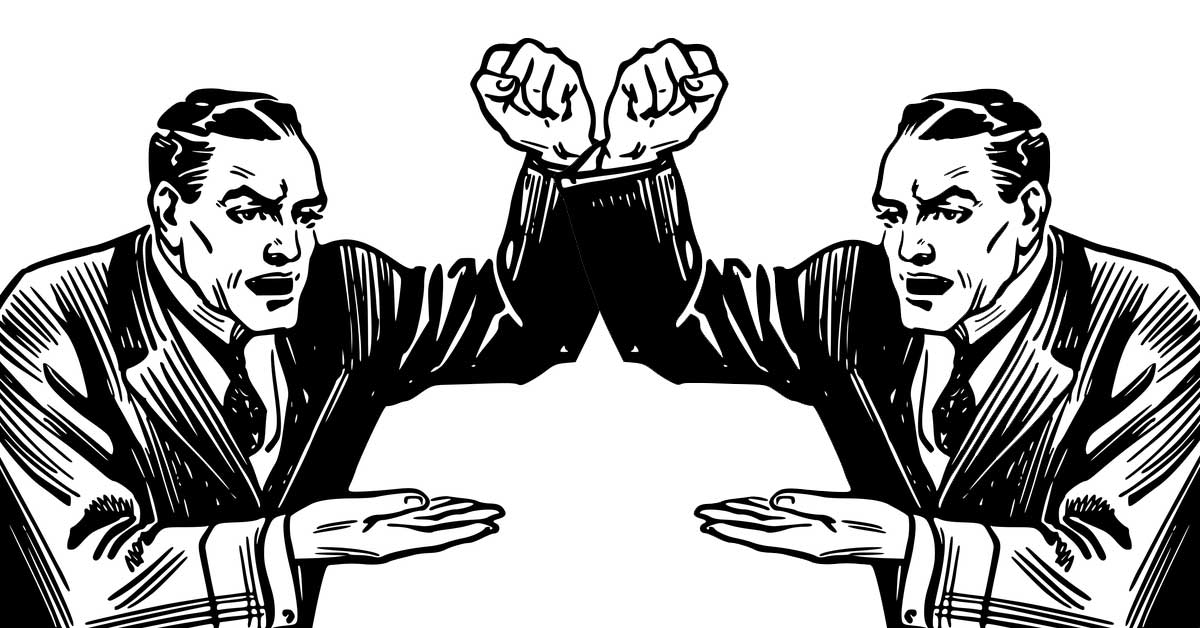
Political emotion is a term that describes emotional attachments and responses to political ideas and responses to political ideas based on emotion.
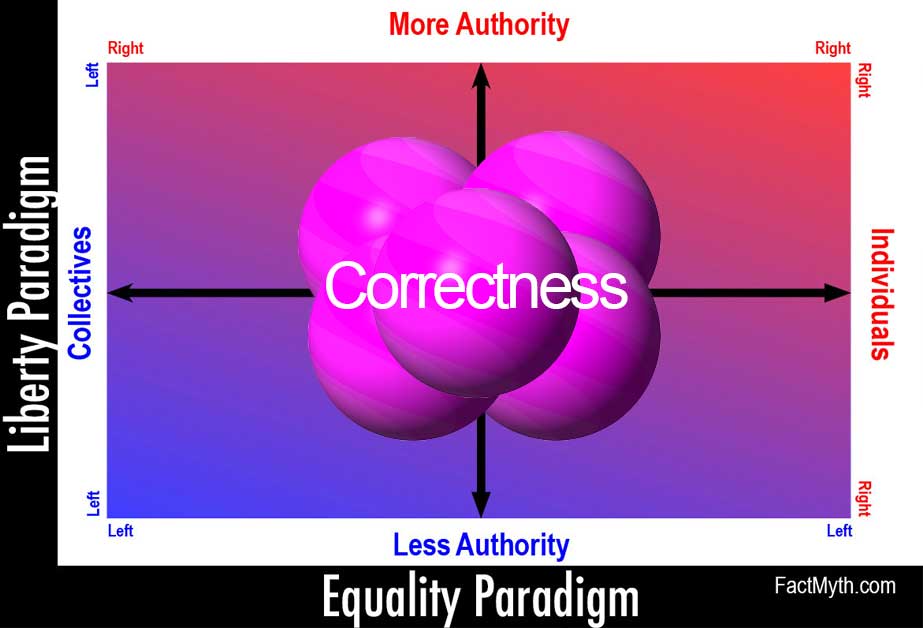
Progressive Centrism, often known as “Radical Centrism”, is center-wing centrism (a balanced left-right ideology) that is progressive (wants change quickly).
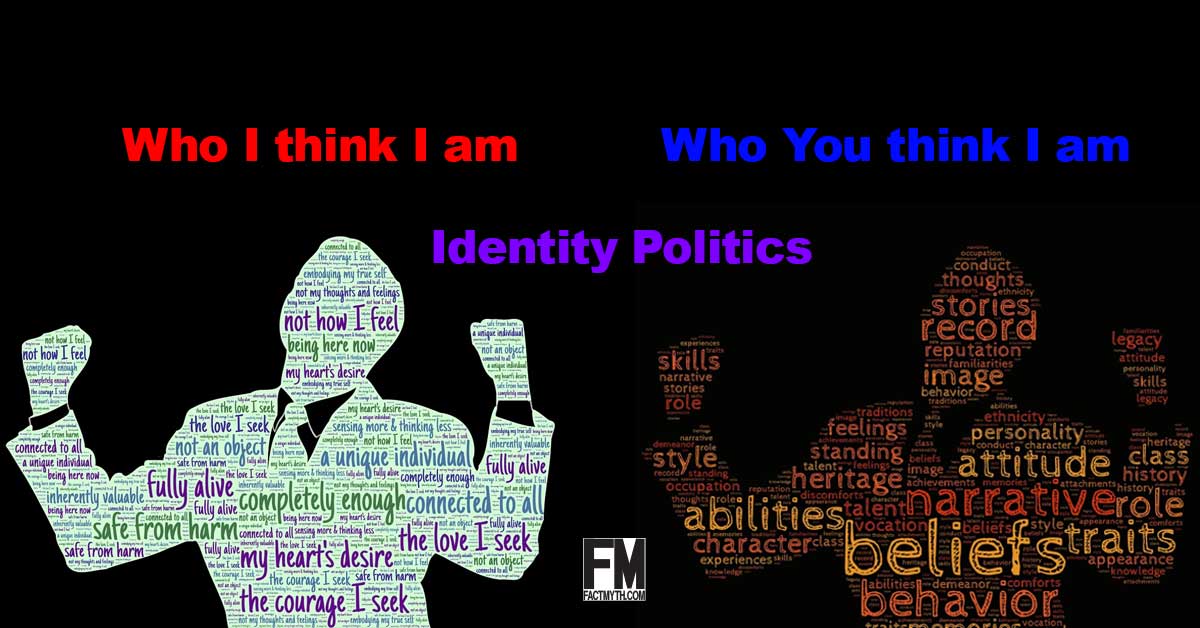
Identity Politics describes identifying with a concept, or being perceived as identifying with a concept, and the social and political implications of that.

Social values affect career choice, and career choices affect social values, thus certain industries lean left (like colleges), and others right (like big oil).
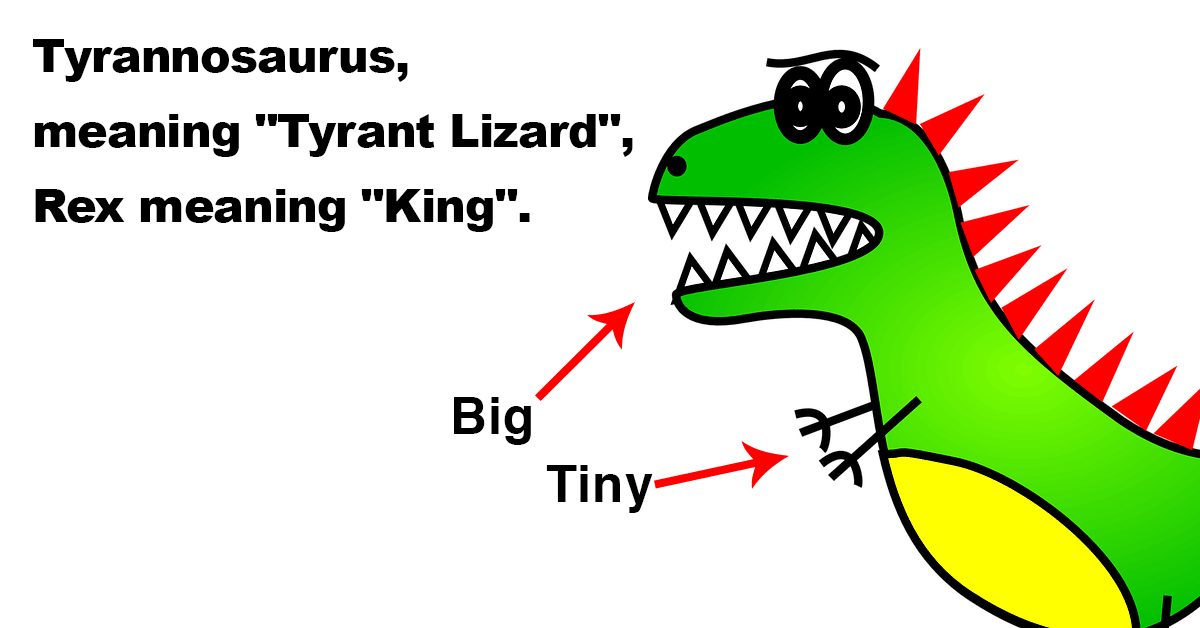
Donald Trump hasn’t been much of a Tyrant in-action, but he does have a lot in common with the classical tyrants, including the tyrant from Plato’s Republic.

Conservatives have long had a Powell memo strategy against progressive liberals, cutting the funding to the arts (like PBS, NPR, and the NEA) is part of it.
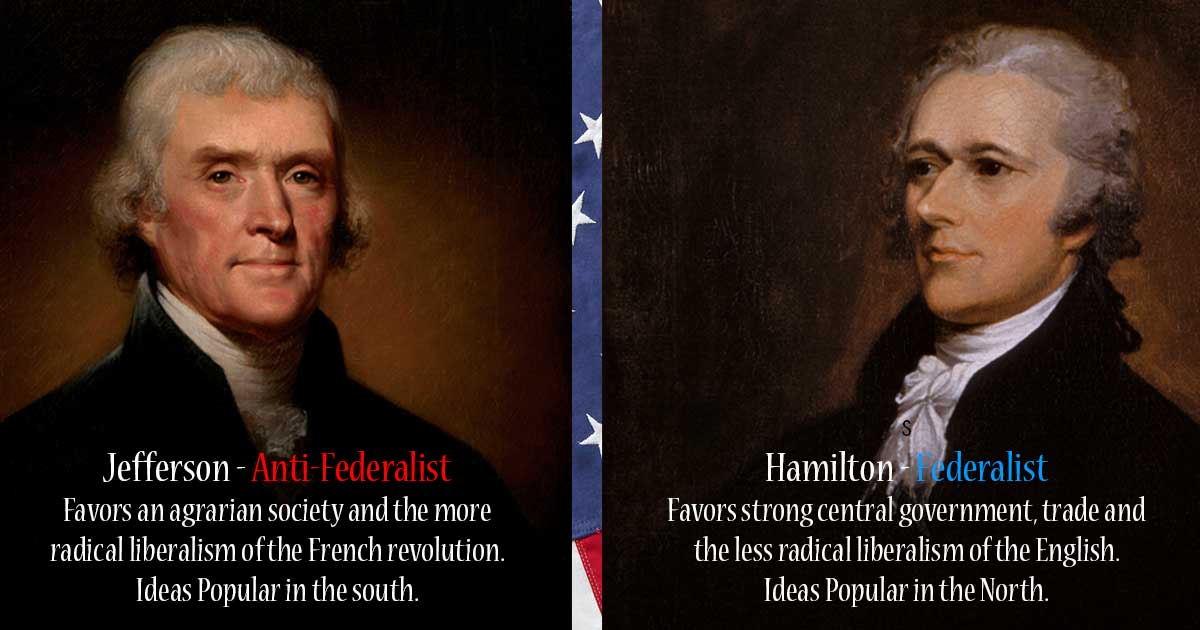
The tension between city interests and rural interests is at the heart of much political polarization, and in America it begs “the Southern Question”.
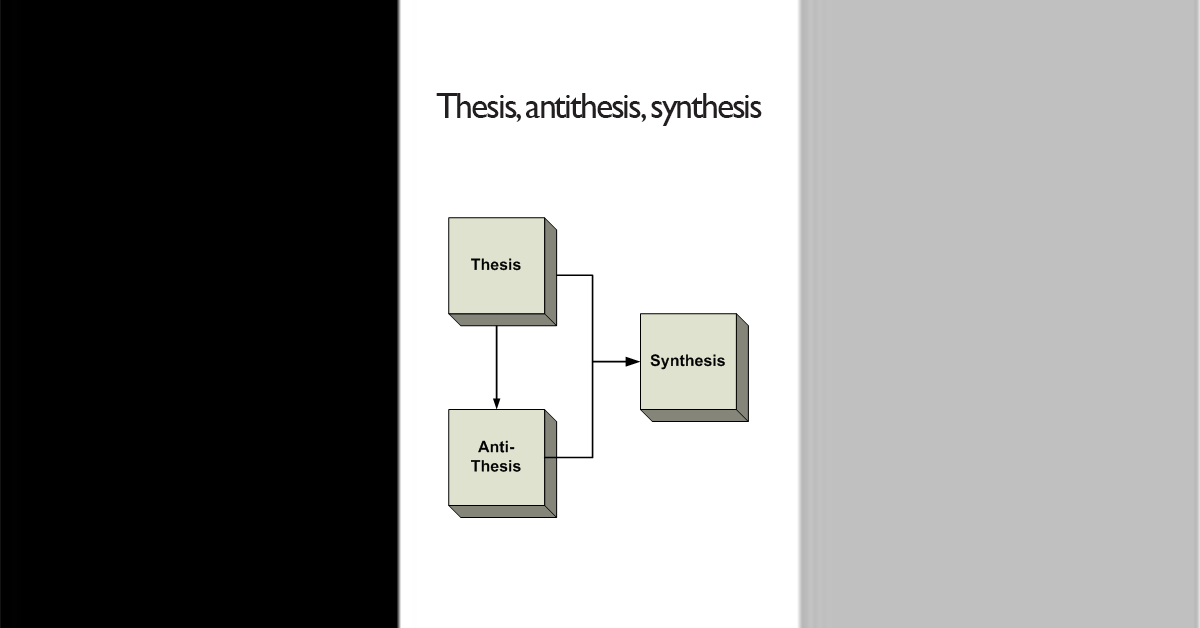
In physics things have equal and opposite reactions, but in social dynamics things often have “unequal and unopposite reactions”.
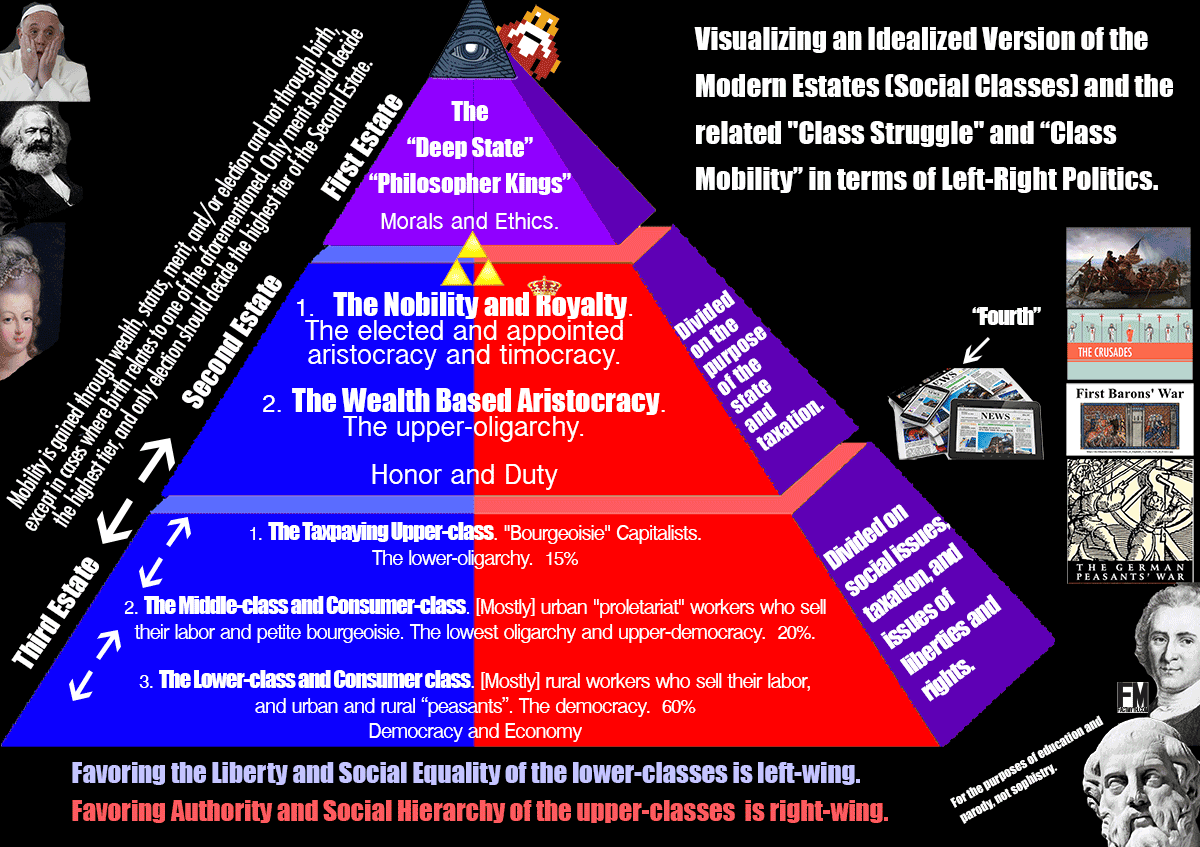
All nations have some sort of class system or class structure, generally based on wealth, birth, or status. We explain modern and historic social class systems and the general logic behind them to see to what extent they are natural and what extent they are convention.